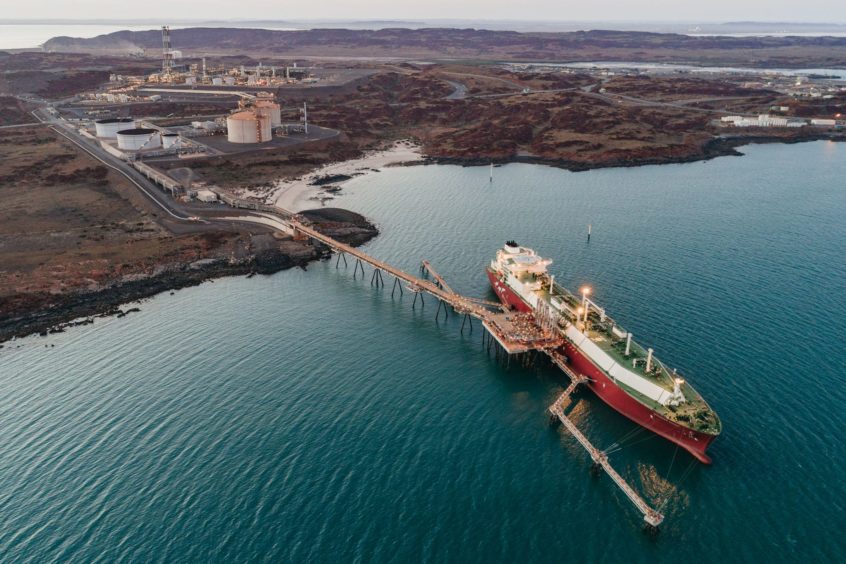
Woodside (ASX:WPL), bp (LON:BP) and Japan Australia LNG (MIMI), which is owned equally by Mitsubishi and Mitsui, have agreed to form a consortium to progress feasibility studies for a large-scale, multi-user carbon capture and storage (CCS) project near Karratha in Western Australia.
The consortium will assess the technical, regulatory and commercial feasibility of capturing carbon emitted by multiple industries located near Karratha on the Burrup Peninsula, which is home to their liquefied natural gas (LNG) complex, and storing it in offshore reservoirs in the Northern Carnarvon Basin.
Woodside said the study marks an important step towards the development of one of Australia’s first multi-user CCS projects. It would also help facilitate the development of new lower-carbon industries, such as the production of hydrogen and ammonia, by providing a local solution for emissions, added Woodside in a statement.
The successful deployment of CCS in Western Australia has the potential to create new jobs, protect current jobs and contribute to achieving greenhouse gas (GHG) emission reduction targets at a lower cost than many other technologies, claimed Woodside.
Woodside chief executive Meg O’Neill said the project was an exciting opportunity to explore another technology driven solution to reducing emissions.
“Carbon capture and storage will play a key role in Australia meeting its emissions targets and has the potential to decarbonise existing and new industry. It would be an important addition to Woodside’s carbon management options as we work towards our own aspiration of net zero by 2050,” she said.
Louise Jacobsen Plutt, bp senior vice president for hydrogen and CCUS, added “with our deep expertise and experience in CCS, this is a great opportunity for bp to explore with our longstanding joint venture partners the decarbonisation of hard-to-abate industrial sectors in the north west, and Australia more widely, through the technology.”
Australia’s CCS sector is poised to ramp up in scale and scope following significant policy and budgetary support announcements by the Federal Government, reported energy consultancy Rystad Energy in early October. “It means CCS projects can apply to be rewarded with carbon credits for every tonne of CO2 sequestered and receive government backing to help develop new CCS projects and hubs. The initiatives will support the gas industry in maintaining the production and export of liquefied natural gas (LNG) to Asian markets – a crucial revenue-generator for the Australian economy – by tackling the significant emissions associated with the fuel’s extraction and processing,” said Rystad.
Recommended for you

